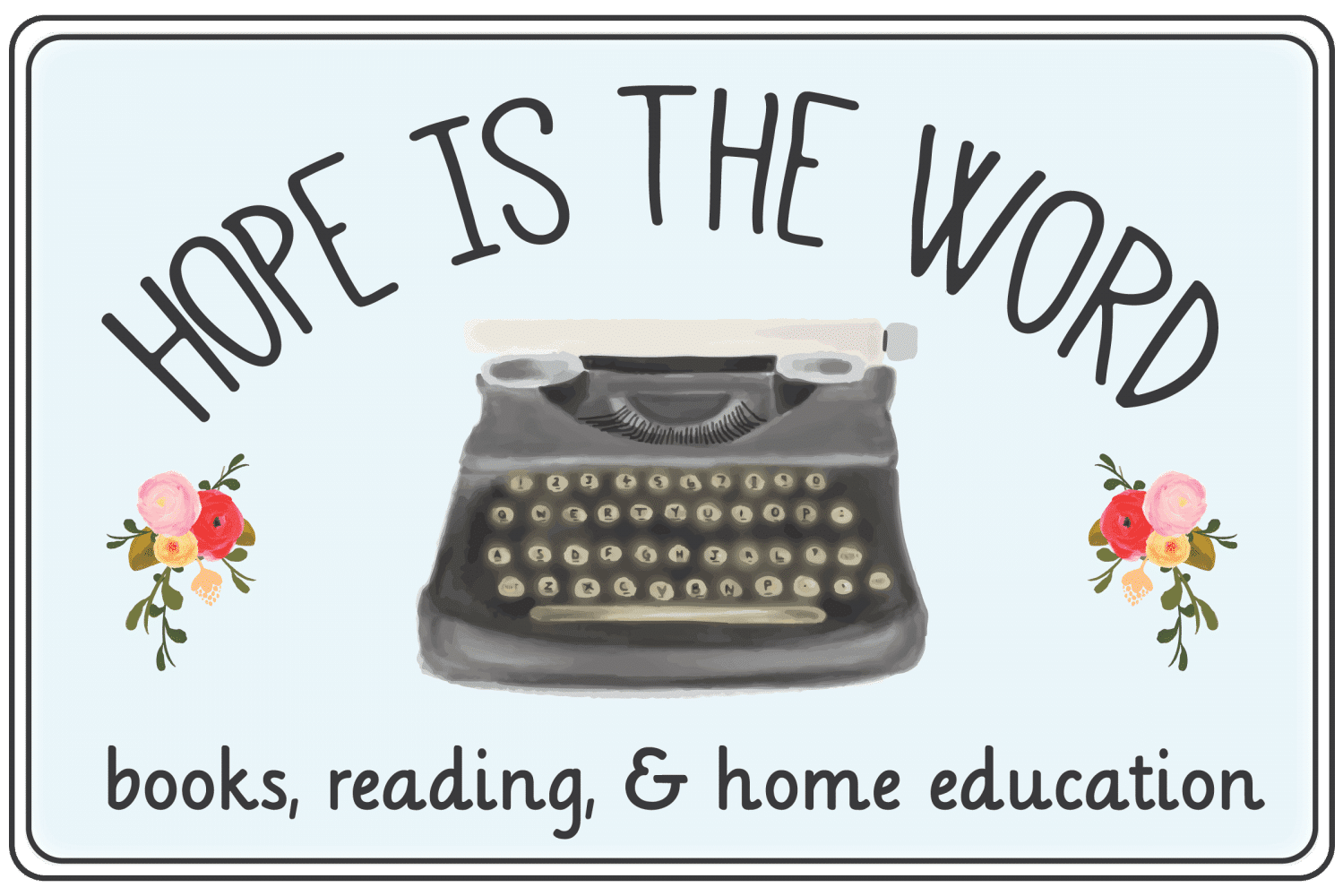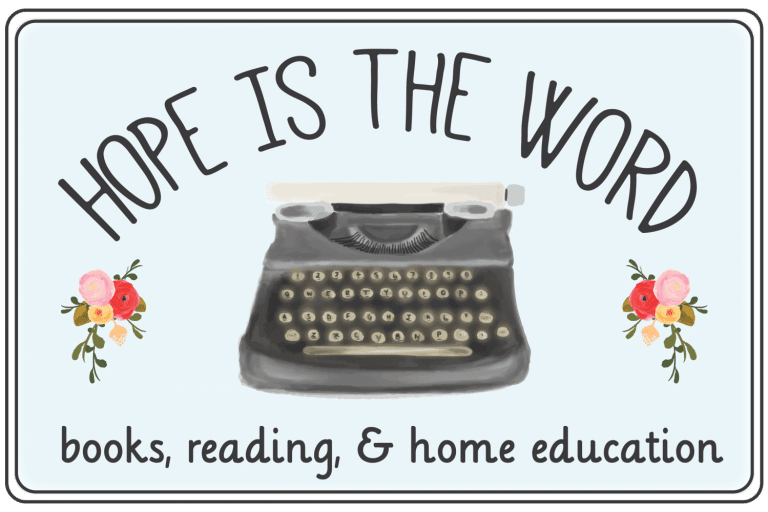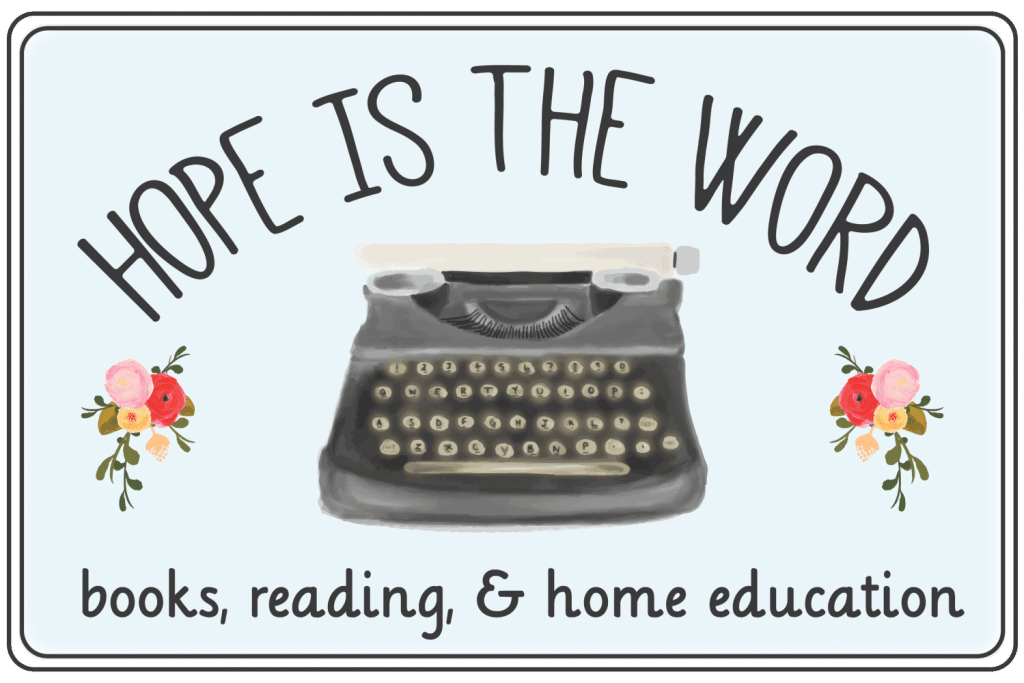Writing has always been a powerful form of self-expression, allowing individuals to share their thoughts, feelings, and experiences with the world. One particular genre of writing that holds immense therapeutic value is emotional poetry. In this article, we delve into the healing benefits of writing emotional poetry and how it can positively impact our well-being. Join us on this journey as we explore the profound connection between emotions and the written word.
Understanding Emotional Poetry
Emotional poetry is a unique form of artistic expression that delves deep into the realm of human emotions. It captures the essence of personal experiences, struggles, joys, and sorrows, allowing the poet to pour their heart and soul onto the page. This type of poetry goes beyond mere words; it serves as a vessel for catharsis, self-reflection, and healing.
Unleashing Emotions Through Words
Writing emotional poetry allows individuals to tap into their innermost emotions and give them a voice. It provides a safe and constructive outlet for processing complex feelings, such as grief, heartbreak, or anxiety. By putting emotions into words, individuals can gain a better understanding of their own emotional landscape and explore different perspectives.
The Therapeutic Benefits of Emotional Poetry
1. Emotional Release and Catharsis
Emotional poetry acts as a release valve, allowing individuals to express pent-up emotions in a healthy and creative manner. It offers a cathartic experience by transforming overwhelming feelings into tangible words on paper. This release can provide a sense of relief, allowing individuals to let go of emotional burdens and find solace in their own expression.
2. Self-Reflection and Insight
Writing emotional poetry encourages self-reflection and introspection. As poets delve into their inner world, they gain insight into their emotions, thoughts, and experiences. This process of self-discovery can lead to a deeper understanding of oneself, promoting personal growth and self-awareness.
3. Emotional Regulation
Engaging in emotional poetry can help regulate and manage intense emotions. By putting emotions into written words, individuals can gain a sense of control over their feelings. This act of externalizing emotions can create distance and perspective, allowing individuals to process and manage their emotions more effectively.
4. Empathy and Connection
Emotional poetry serves as a powerful medium for fostering empathy and connection. When individuals share their poetry, they create a bridge between their own emotions and the reader’s experience. This connection can provide a sense of validation, support, and understanding, ultimately reducing feelings of isolation and loneliness.
5. Healing Trauma and Pain
Writing emotional poetry can be an instrumental tool in healing trauma and pain. It allows individuals to confront and process their past experiences in a safe and controlled environment. By giving voice to their pain, individuals can begin to transform their wounds into narratives of resilience and growth.
6. Enhancing Emotional Intelligence
Engaging in emotional poetry cultivates emotional intelligence, the ability to recognize, understand, and manage emotions effectively. Through the practice of expressing emotions through art, individuals develop a deeper awareness of their own emotional states and become more attuned to the emotions of others.
Incorporating Emotional Poetry Into Your Life
Now that we understand the healing benefits of emotional poetry, let’s explore how you can incorporate this powerful practice into your own life:
- Start by setting aside dedicated time for writing. Create a peaceful and comfortable environment where you can fully immerse yourself in the process.
- Begin with free writing exercises to loosen up your creative muscles. Write without any inhibitions or expectations, allowing your emotions to guide your words.
- Experiment with different poetic forms and styles to find what resonates with you the most. Whether it’s free verse, sonnets, or haikus, let your creativity flow.
- Don’t be afraid to explore vulnerable and challenging emotions. Remember, emotional poetry is a safe space to express yourself authentically.
- Consider joining a writing group or workshop to connect with like-minded individuals who share a passion for emotional poetry. Sharing your work and receiving feedback can be incredibly rewarding and inspiring.
Conclusion
Emotional poetry possesses transformative power, offering a path to self-discovery, healing, and emotional growth. Through the written word, individuals can transcend their own experiences and connect with others on a deep and profound level. By incorporating emotional poetry into our lives, we can embark on a journey of self-expression, catharsis, and inner healing. So, pick up that pen, let your emotions flow, and discover the therapeutic benefits of writing emotional poetry.



